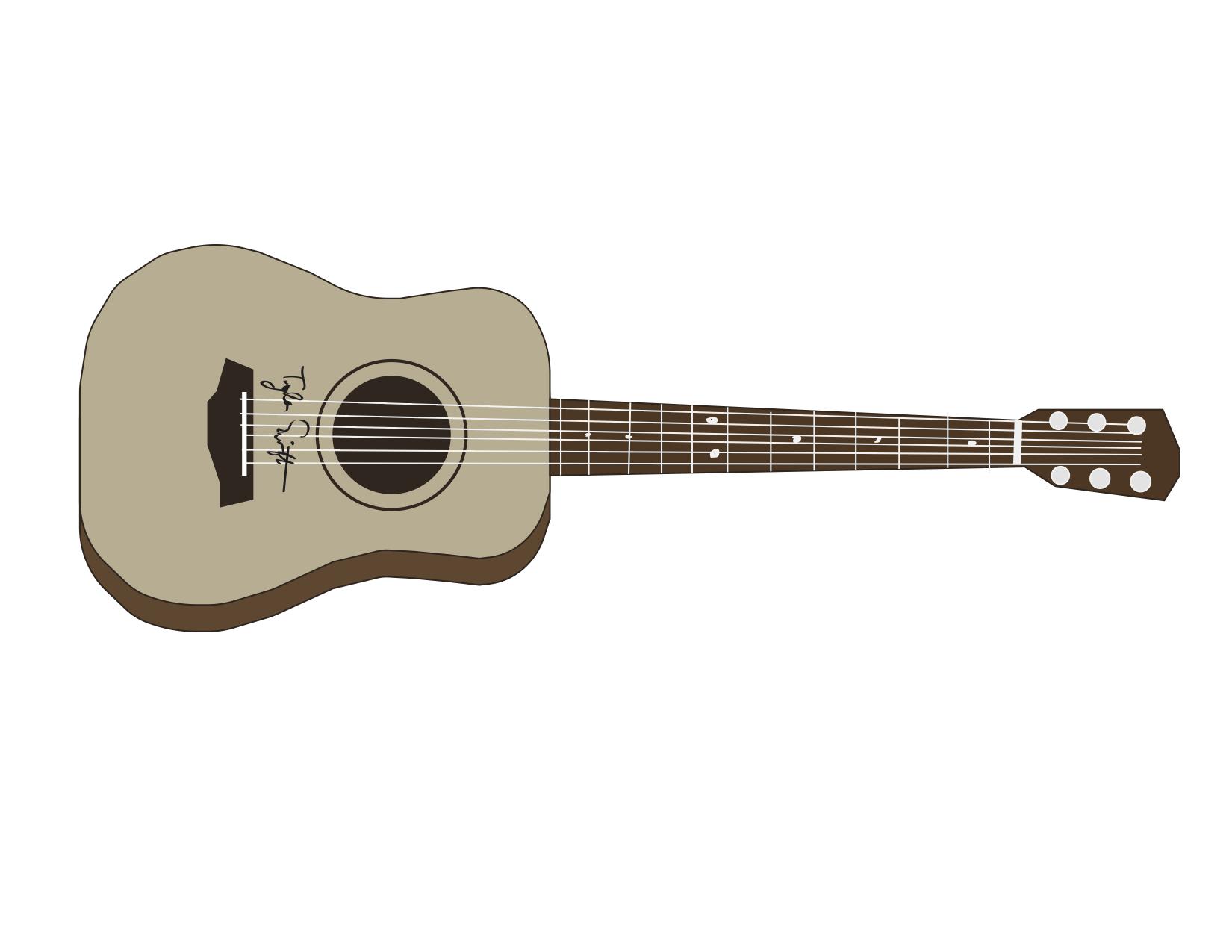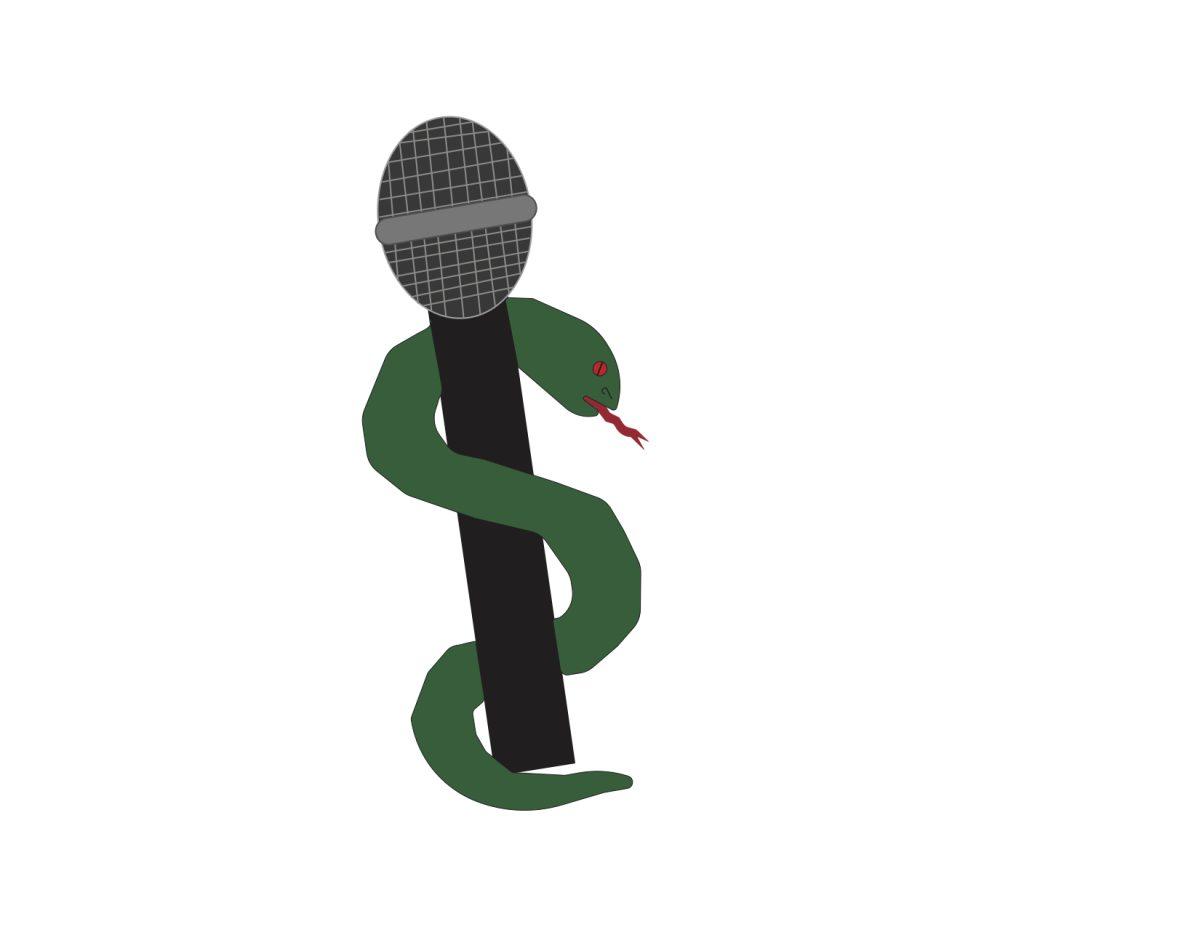The real issues behind our opinions of Taylor Swift
Let’s get one thing clear: Taylor Swift is an incredibly talented songwriter. I’m not talking about her as a person or as a celebrity but simply as someone who writes music. From passionate ballads that can only be screamed from the front seat of your car to clever commentary on the very nature of her own celebrity status, Swift knows how to tell a story. Problematic as she may be, it’s time that we stop forgetting just how talented she really is.
Or, on the exact opposite end of the spectrum, maybe it’s time that we stop only seeing her as a talented, intriguing celebrity, and take a moment to reflect on the fact that Swift is far from a perfect person.
There are many people out there who would defend Swift to the death, even now finding excuses for her every mistake because she said something vaguely empowering to women at some point. On the other hand, there are still those people who refuse to acknowledge that she has any talent whatsoever and instead choose to focus only on her issues, as if her personal failings somehow take away from her ability to write songs.
I have to wonder why we seem to have no problem supporting the art of talented people who do terrible things, like Johnny Depp who abused his now ex-wife, but are unable to separate Swift herself from her music.
Maybe, as Swift might like us to believe, it has to do with issues of feminism. Certainly arguments could be made about the unfair treatment that Swift has received as a woman, and the majority of those arguments would be completely believable. It must, however, be remembered that while Swift does experience many of the issues that women face in our society, we are letting ourselves off easy if we think that this is the only angle we can take on this story.

It’s so easy to support feminism today, giving many fans an excuse to put Swift on a pedestal for any little thing that she says or does for her gender. At the same time, it’s still easy to hate Swift for any number of reasons, but what’s hard is to actually discuss why we hate her, and why she is so problematic. We can call her out for playing the victim, comment some snake emojis on her social media posts and tell our friends how tired we are of her, but what are we really achieving when we do this?
We can cheer on Kim Kardashian West for exposing the famous phone call where Swift did in fact give Kanye West permission to use that lyric. But, we are far less inclined to point out that this isn’t just a “snake” move for Swift, but instead a serious indication of racist ideology in the music industry. It’s a shining example of the white feminism that Swift has unapologetically used for her own personal gain for years.
Because intersectionality does exist, it is possible for Swift to experience oppression as a woman while at the same time experiencing privilege as a white person. After her famous VMA run-in with West, Swift received a number of strong reactions, many of them angry at West and protective of her innocence. What these reactions were largely not, though, was angry at the racism in the music industry that West was trying to protest, as misguided as those attempts may have been.

Flash forward to today, and we are still talking about how Swift was righteously taken down by Kardashian West’s phone call exposure, or coming up with some excuse for Swift’s behavior, but we aren’t discussing how easy it was for her to latch on to the narrative of an angry black man attacking an innocent white girl and how readily so many of us bought into it for all these years.
Although it might seem silly, there are so many issues surrounding Swift and how our society sees her. As a white woman, she is in a unique position of power, one that she has recently chosen to use against black artists like West. We can hate her for this, or something else entirely, but it really isn’t enough to just call her problematic and leave it at that. Swift represents issues of gender, race, class and so much more, and we can all learn something by truly reflecting on our own unique feelings about her, and what exactly they mean in the context of the world around her.
So, if you are like me and you love to sing along to “1989,” keep on doing just that. But, remember that the woman behind those wonderful lyrics is much more complex than we may want to believe.















































